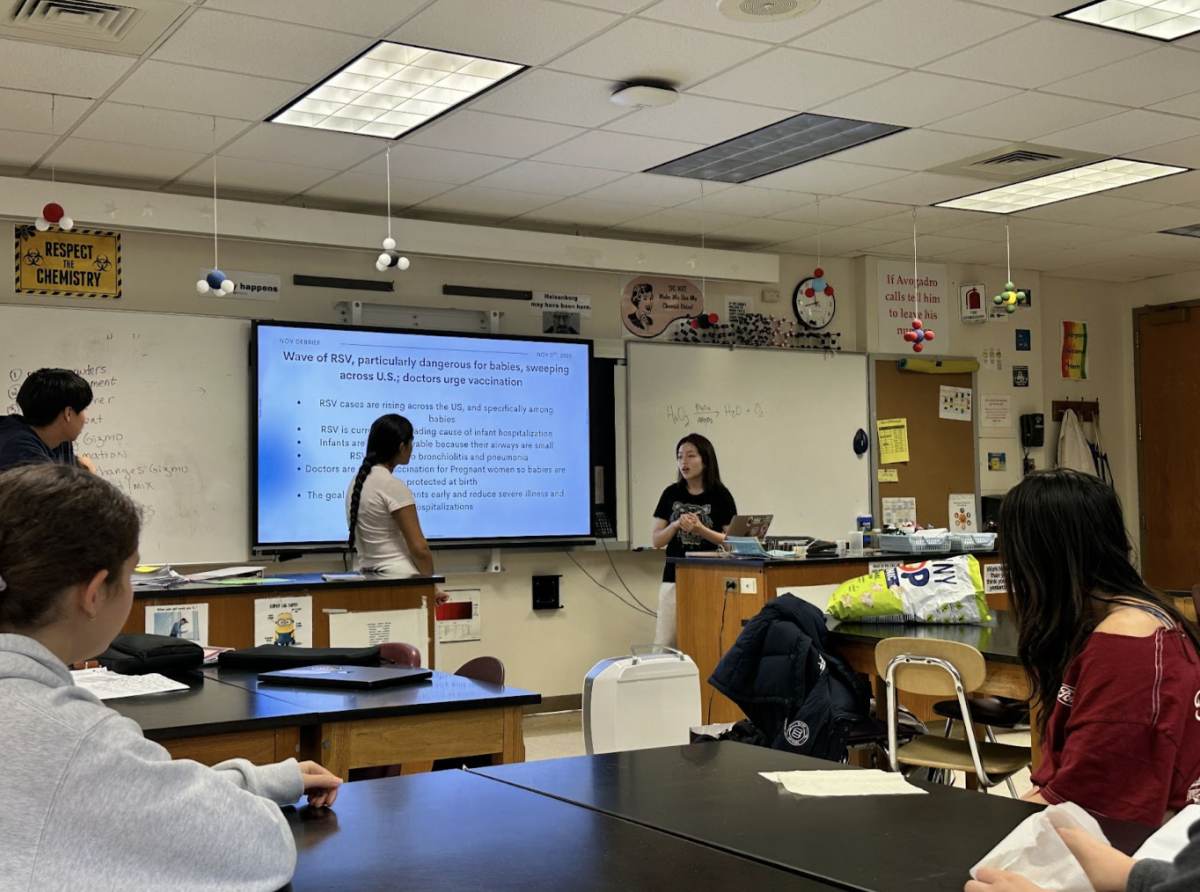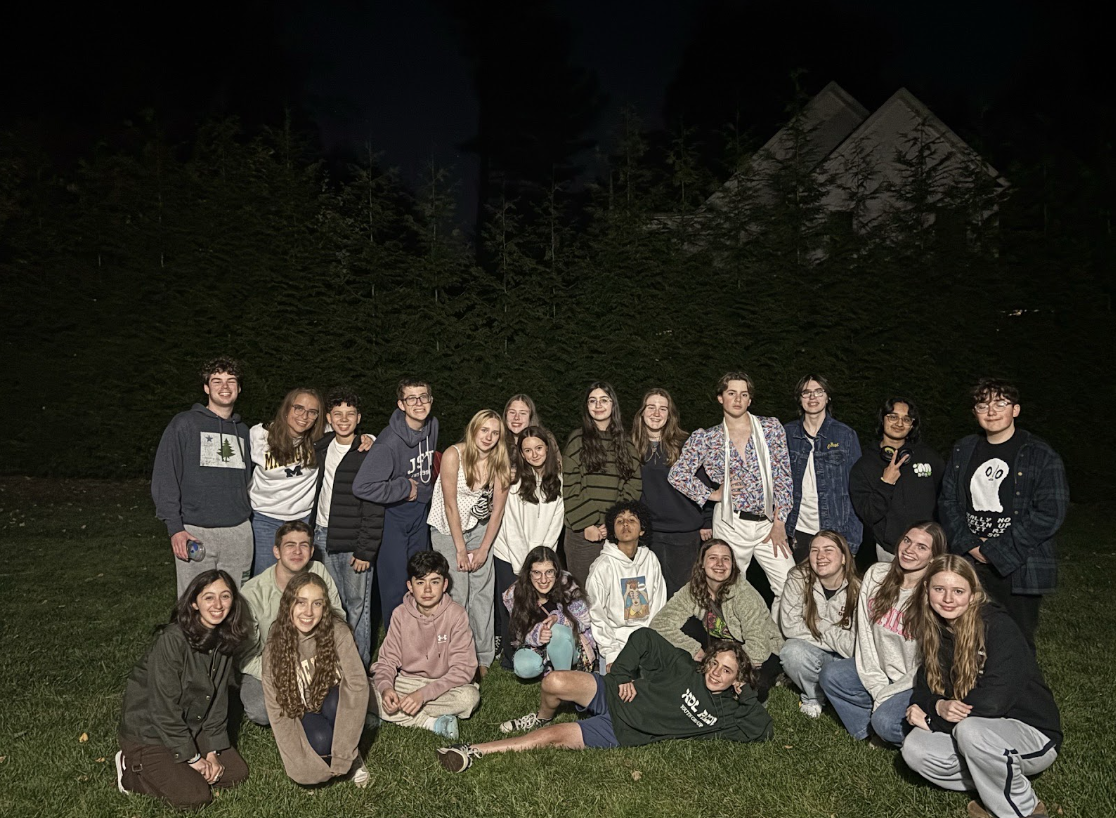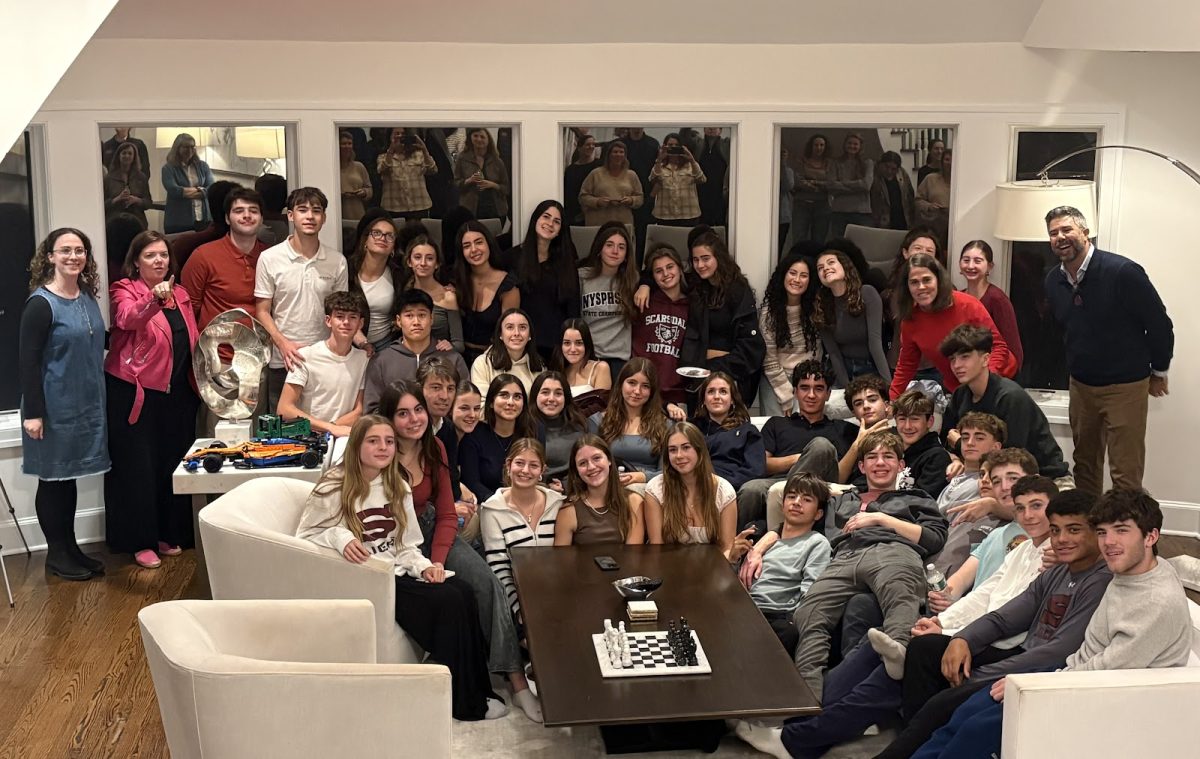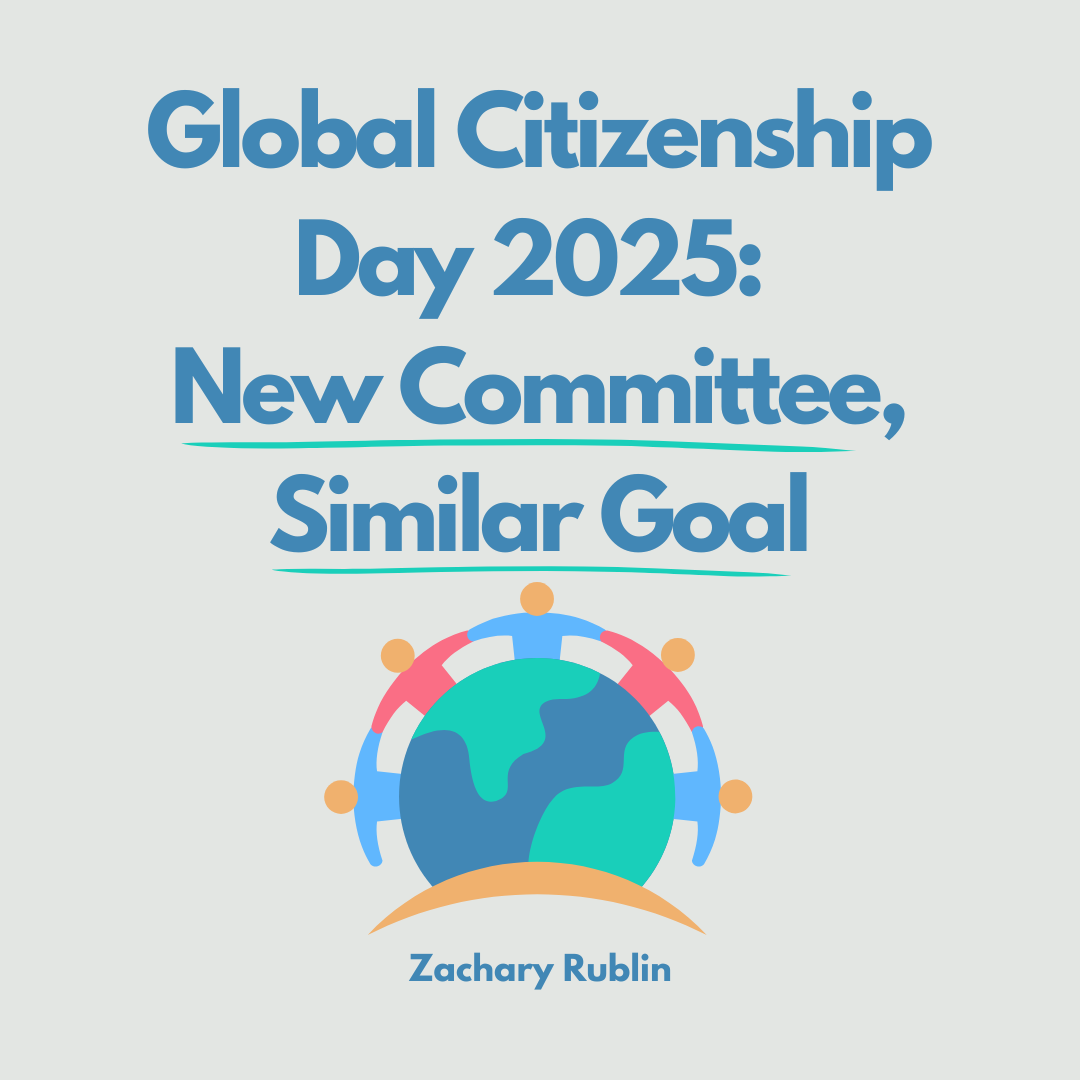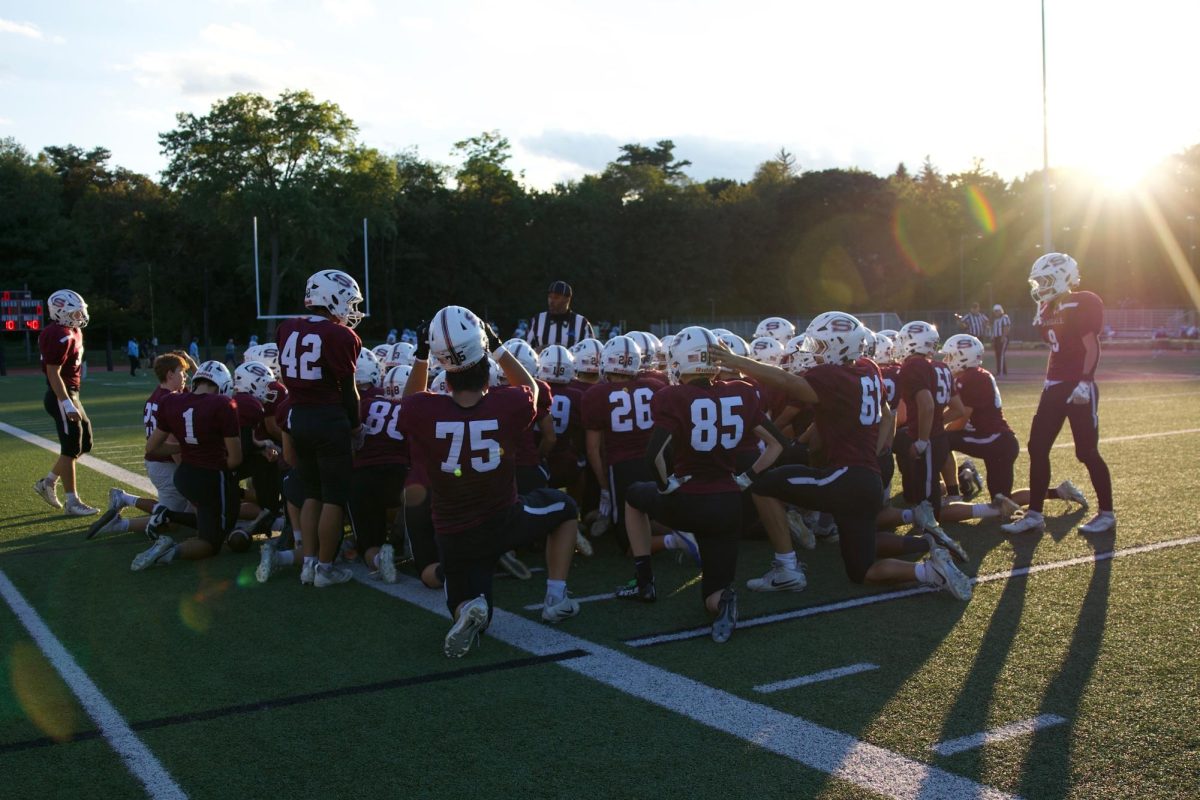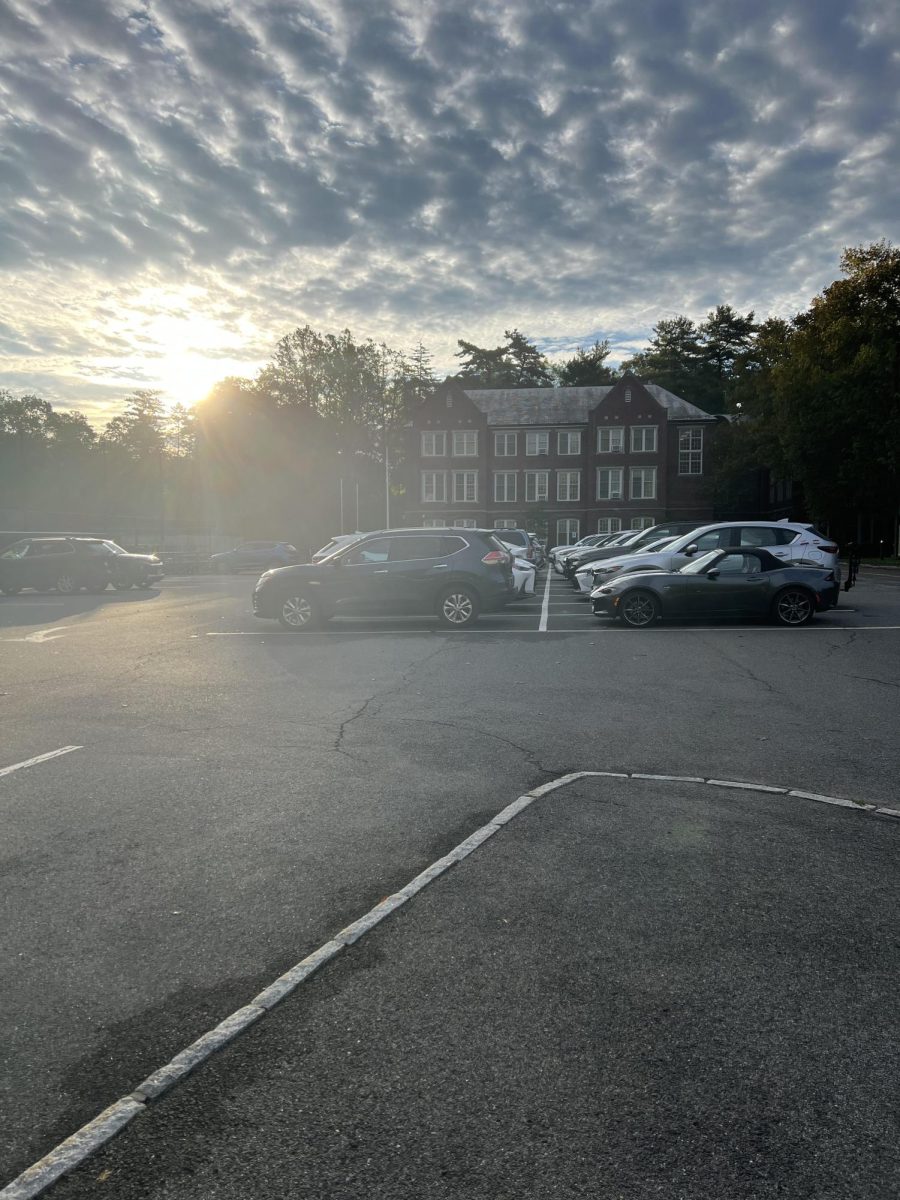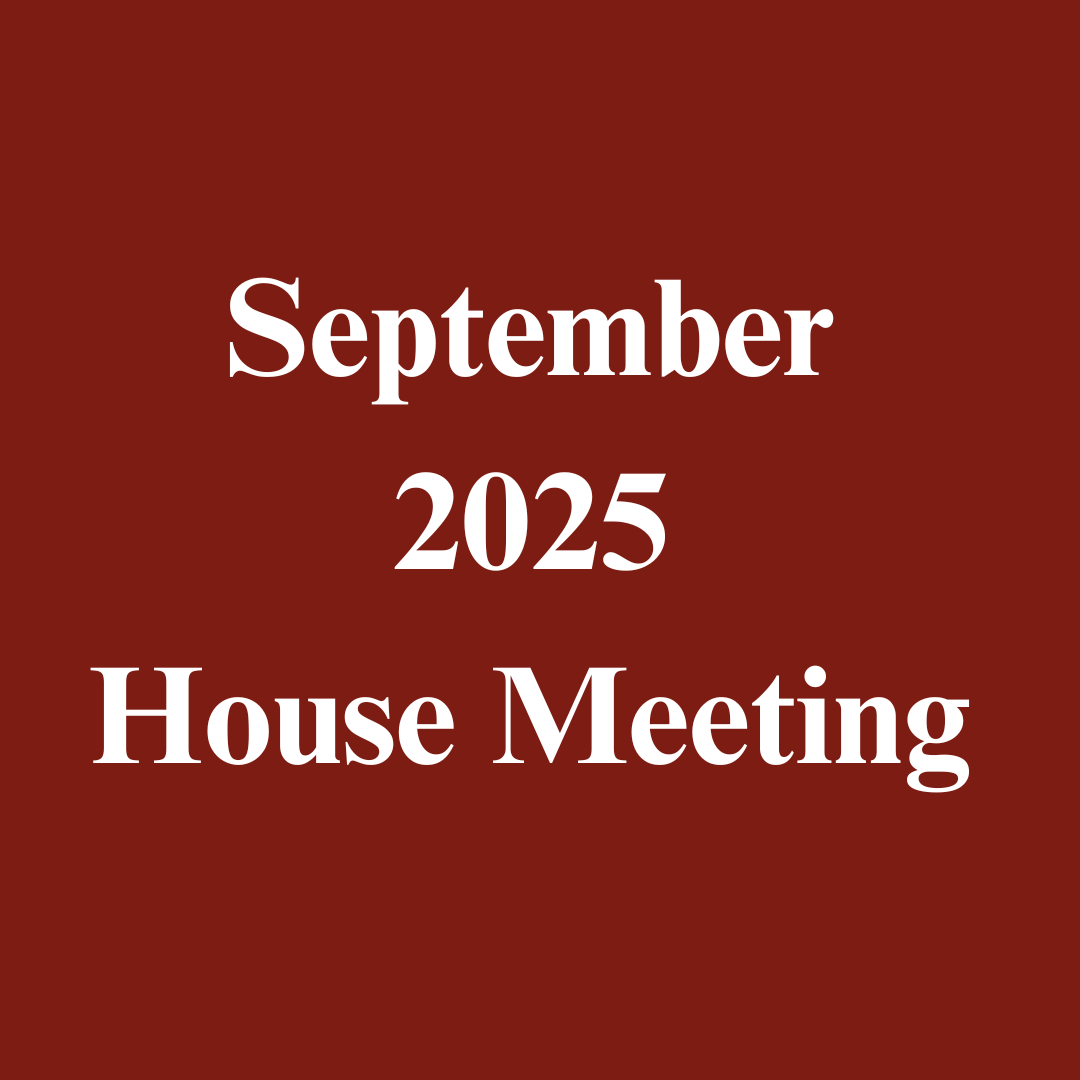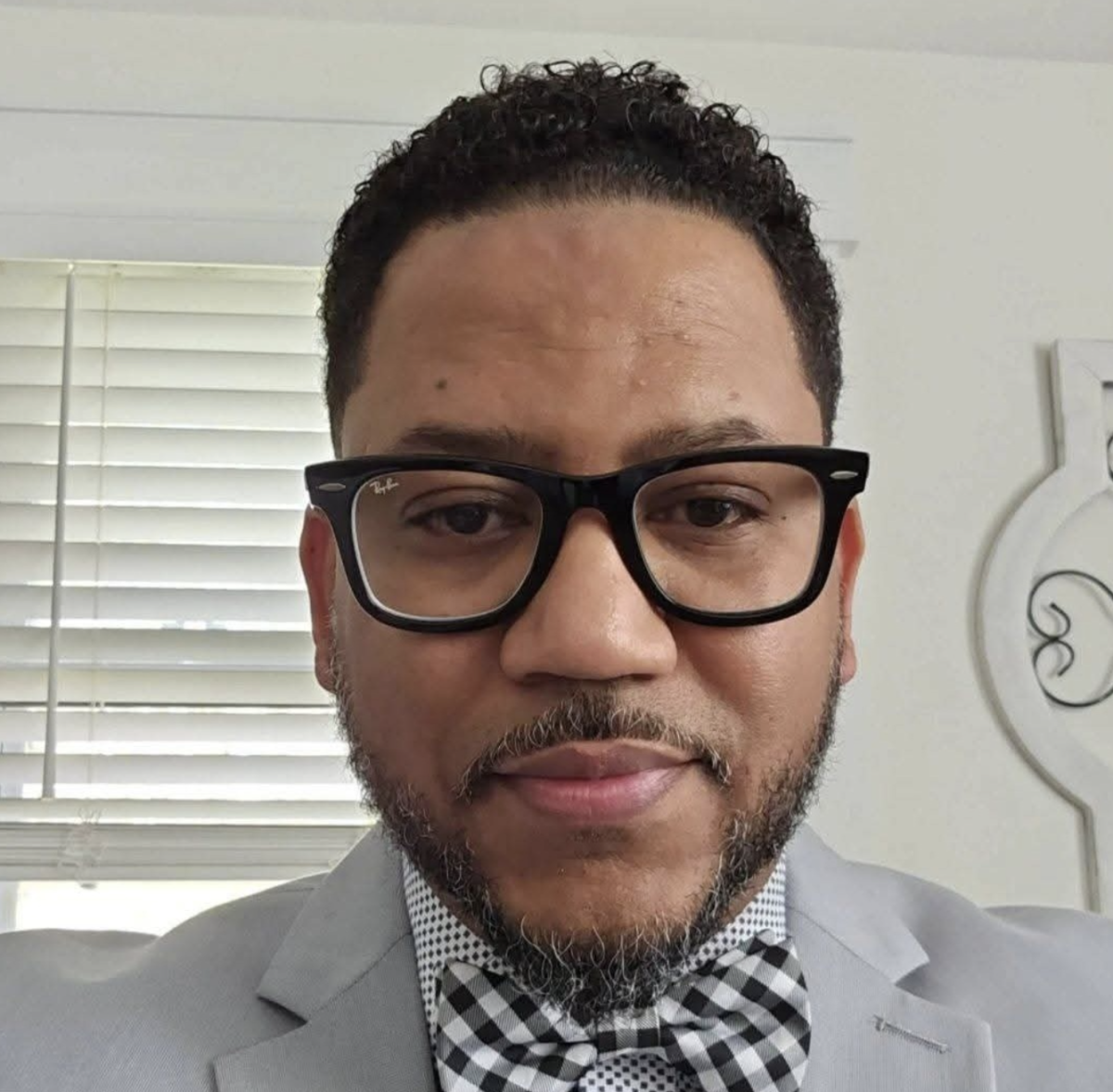Pope Francis, aged eighty-eight, passed away at his residence in Vatican City, on April 25th, 2025 after suffering from a stroke and a coma.
Through his twelve-year tenure as pope, Francis greatly changed the dynamic between the Roman Catholic Church and believers worldwide. Francis was the first Latin American and Argentine pope, and he was elected after the resignation of Pope Benedict XVI in 2013. Upon being summoned, Francis inherited a Catholic Church that was marred with sexual abuse scandals and a distant clergy that emphasized traditional doctrine over modern reformation.
Pope Francis was initially quiet on the church’s history of sexual abuse, yet after facing increasing strain from progressives, he ultimately became responsible for holding top leaders accountable and improving overall transparency. The pope launched an extensive investigation against Cardinal McCarrick as charges of child sexual harassment against him resurfaced. With the approval of the pope, McCarrick, whose powerful religious jurisdiction included Washington D.C., eventually resigned from his position after pressure from the church.
Patrick Brew ’27, a devout Catholic at heart, clearly remembered Pope Francis’s handling of the scandals. “Francis introduced new laws to hold bishops accountable for mishandling abuse allegations and mandated systems for reporting misconduct within every diocese. He emphasized listening to survivors, meeting with them personally, and organizing global summits to address the issue,” Brew reflected.Apart from bringing a renewed reputation to the church, Pope Francis changed the Vatican through liberal reforms. Driven by the legacy of the Second Vatican Council, an internal movement that aimed to modernize the church in the 1960s, the pope championed inclusivity in church practices. Francis pushed for the translation of Latin ceremonies to the vulgate, or the vernacular of local followers. While church liberals saw the act’s ability to make Catholicism more accessible in different parts of the world, conservatives were troubled by his inconsideration of church norms and traditions. Francis also addressed the issues of climate change and non-Catholic groups. In “Laudato Si”, a letter to bishops in the Roman Catholic Church, he urged his fellow bishops to fight against global warming. The pope travelled the world, championing the peaceful coexistence of Christians and Muslims in Iraq during 2021. “He moved towards more acceptance of other religions, like Judaism,” SHS social studies teacher David Sherrin stated.
At Scarsdale High School, Pope Francis’s focus on ordinary people earned him the admiration and respect of Catholics and non-Catholics alike.
“Most popes in the past used their status to be intimidating. Because it was televised, we saw that he was very kind and nobody was shy about him because of his status,” Gabriel Millard ‘27 explained.
On May 8th 2025, Pope Leo XIV was elected as Francis’s successor. Standing upon the balcony on St. Peter’s Basilica before anticipating crowds, Pope Leo XIV broke history as he became the first pope from the United States last Thursday.
At Scarsdale, many students were surprised that the pontiff was handed to an American, especially amidst a pool of European, Asian, and African candidates. “I think it’s a good thing because like there’s never been an American pope before. I think it’s good to see what kind of take he brings to the job,” Sam Barnea ‘27 recounted.
While the new pope was elected from a more liberal College of Cardinals, Pope Leo XIV shares more centrist views, compared to the late pope. In the increasingly politically turbulent world that is today’s society, Pope Francis’s long-standing legacy of humility and selflessness will be remembered.
“Pope Francis was a really special Pope because he was a great embodiment of Christ on earth and an example of good,” Brew concluded.


